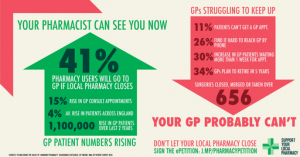Toddlers in the UK are consuming more calories and protein than recommended, which puts them at risk of obesity in later life, according to a study published in the British Journal of Nutrition.

Dietary preferences and habits are established during the first two years of life and what you eat then can have an enduring impact. Increased protein in early life is a risk factor for obesity, and high intakes of salt may set taste preferences for the future, increasing the risk of raised blood pressure in later life.
Researchers found that at 21 months, 63% of children exceeded the recommended daily intake of 968 calories, consuming an average on 1,035 calories. On average 40g of protein was consumed per day, but just 15g is recommended for children aged 1-3. Salt intake was almost three times higher than the 0.5g recommended, and fibre intake among many young children was 8g, half that recommended.









